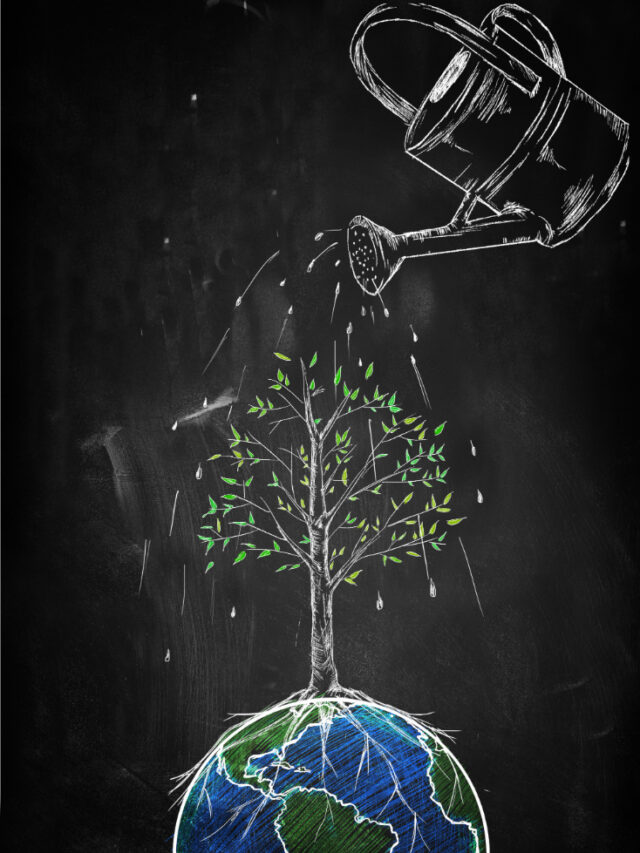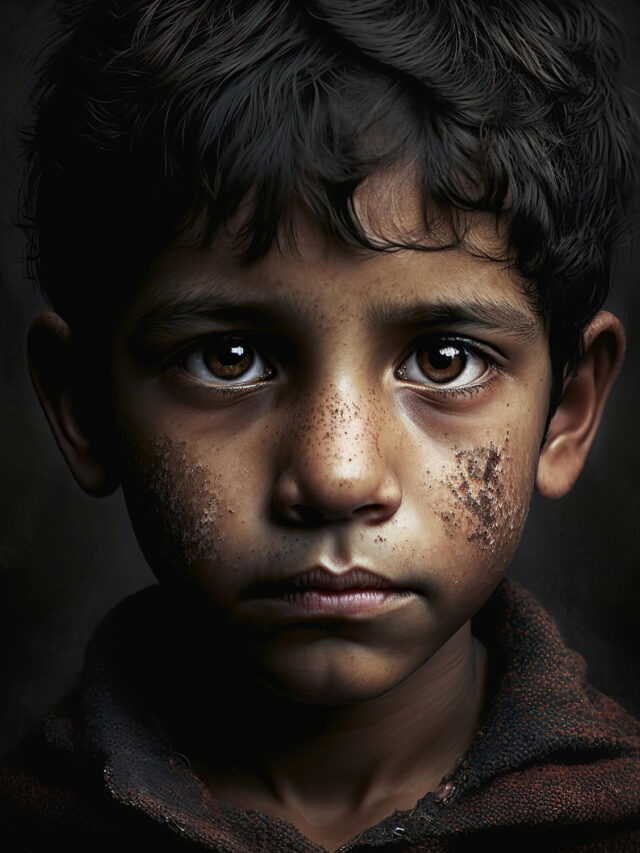Pongal (which means “overflowing”) is a celebration of rice that boils over in a pot in the sun as a way to express gratitude to God. It’s a four-day event that has been celebrated for over 2000 years in Tamil Nadu, India, during the harvest season with harvest rhythms and old customs, rituals, and celebrations! What is the precise purpose of this celebration, then? Let’s examine our historical past as well as the vibrant customs and traditions associated with the Pongal holiday.
Indian customs vary by a few kilometres. Thus, even if your Tamil friends who reside in Karnataka live next door to you, “Ellu bella thindu olle mathadi”—eat sesame and jaggery and talk sweetness! The term ‘Ellu Birodhu’ is associated with the custom of distributing sweets from door to door. “Tilgul ghya aani god bola”means – “Speak kind words by taking the sweetness” in Maharashtra. This emphasises joy and sharing, echoing the sentiment expressed by Karnataka.
‘Kicchu Haisodu’ is a festive spectacle when even cattle dress up and jump over fire pits.While chikkis and ladoos made with sesame and jaggery are shared throughout North India,they mostly celebrate as Boghi. Bihar prepares a unique dish called “Khichdi” that consists of rice and lentils. In Punjab and other places, bonfires crackle as people encircle them and throw offerings like popcorn and groundnuts. Kites sail to the skies over Rajasthan and Gujarat, culminating in Ahmedabad’s colourful International Kite Festival. The soft illumination of sky lanterns paints the night sky.
The origins of the Pongal celebration
It may be traced back to the Silver Ages, which were settled between 200 B.C. and 300 A.D. in the fertile Sangam Age. Back then, it was called Thai Niradal, a celebration for a bumper crop and plenty of rain. Young ladies, whether married or single, observed Pavai Nonbu in order to ask for heavenly graces for prosperity and tranquillity.
Discover more trending news here How Women Will Shape the Workforce by 2030
Long ago, in the Sangam era,Thai Niradal, a celebration akin to Pongal today, was observed. A custom known as “Pavai Nonbu” was observed by young girls over the entire month of Margazhi (December–January) in those days. This involved :
- Hoping for rain and national prosperity.
- Not even milk or milk-derived goods!
- skipping hair oil and speaking purely in kindness.
- waking up early to offer prayers to a sand-made goddess known as Katyayani.
- All of this was done in the hopes of abundant rainfall and robust crops. Like planting good acts to enjoy the harvest of a happy land!
Poetry like Andal’s Tiruppavai and Manickavachakar’s Thiruvempavai discuss this, so we are aware of it. Pongal festivals were encouraged by rulers, as evidenced by historical temple documents!
Four Days of Celebration:

Bhogi Pongal: By throwing away the old and embracing the new, this first day celebrates a fresh start. Houses are cleansed, symbolic bonfires are lit, and prayers are offered to the rain deity Indra for ongoing blessings.
Surya Pongal: This day is all about the sun. As a token of appreciation for the sun’s life-giving force, sweet pongal is prepared in an earthen pot while it is shining. Boiling milk overflows, signifying wealth and happiness, as happy cries of “Pongal Pongal!” fill the air.
Mattu Pongal: A celebration honouring humble cattle that are the foundation of agricultural existence. Because of their unwavering work ethic, cows and bulls are decorated, washed, and revered. On this day, also known as Kanu, women celebrate the enduring link of siblinghood by tying rakhi-like threads on their brothers wrists.
Kaanum Pongal: The last day is dedicated to visiting relatives and savouring mouth watering meals. Communities come together to celebrate the rewards of their labour and to reaffirm their bonds of kinship, and laughter resounds.
Legends Flowing Through Time:
Legends and stories interconnect with Pongal customs, lending the celebrations a charming quality.
Lord Shiva and the Bull: According to legend, people were advised to eat once a month instead of twice by Shiva’s bull, Basava. Pongal was forever associated with the respect for cattle when Basava was sent to Earth as a kind of punishment to assist farmers in the fields.
Another story about Lord Indra and Mount Govardhan describes his arrogance as the ruler of the gods. To make him learn a lesson, Lord Krishna forced everyone to give up serving Indra. Indra got angry and let down tremendous showers. Indra, humbled by Krishna’s protection of the people, accepted Krishna’s divinity as he raised Mount Govardhan. It is stated that this tale is the cause of the Bhogi Pongal festivities.
Pongal is more than just a festival; it goes beyond simple festivity. It is an occasion to enhance links within families and communities, a colourful way to express gratitude for nature’s abundance, and a monument to the close ties that Tamil people have to their homeland. Remember, this is a way of life, not simply a celebration, as the aroma of freshly cooked Pongal spreads in the air and laughter mingles with the beat of traditional dances.
Whether you witness the vibrant hues of Pongal through your screen or have the privilege of experiencing it firsthand, remember its essence: a joyous ode to the land, its life-givers, and the spirit of community that thrives under the warm sun of gratitude.








